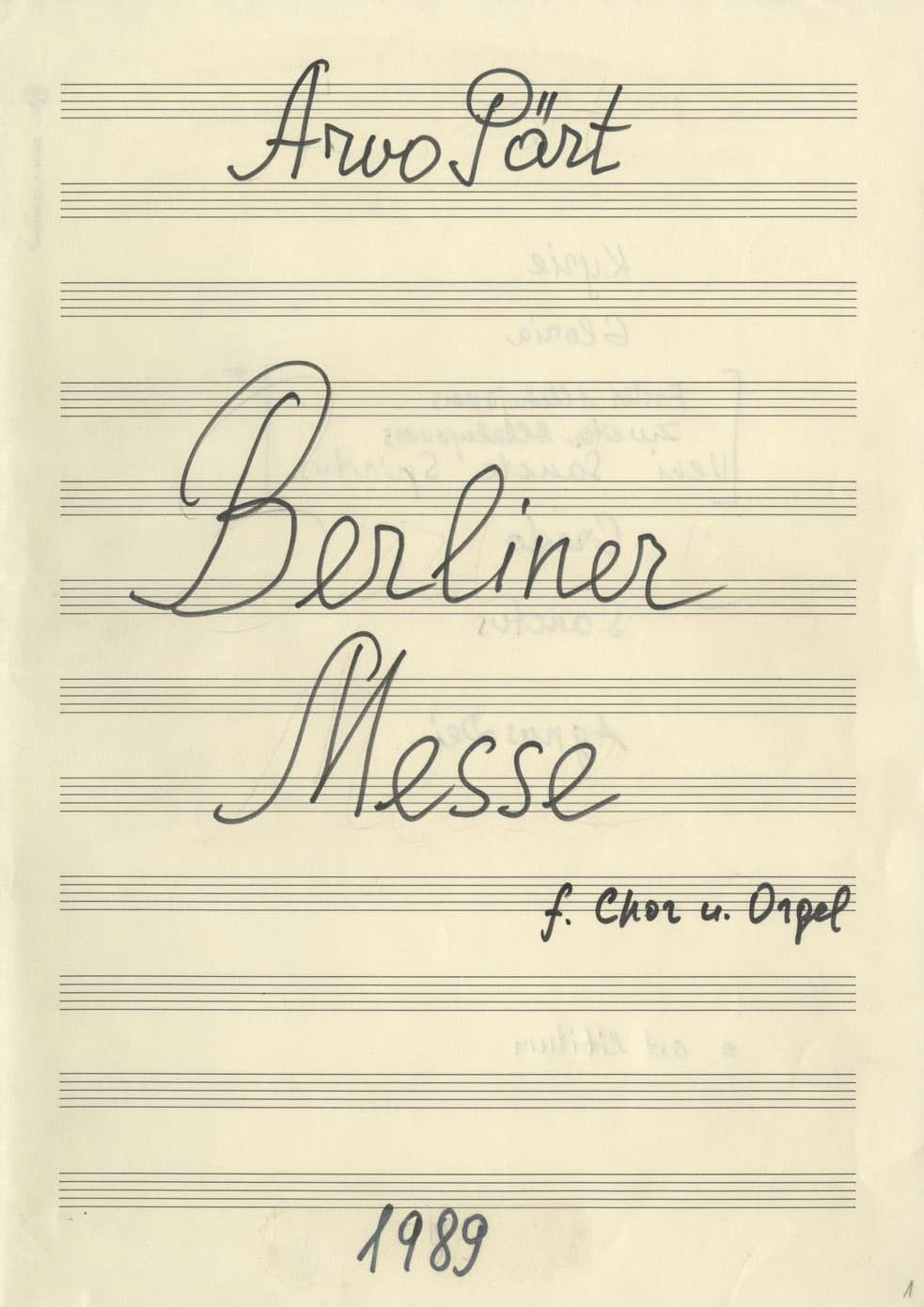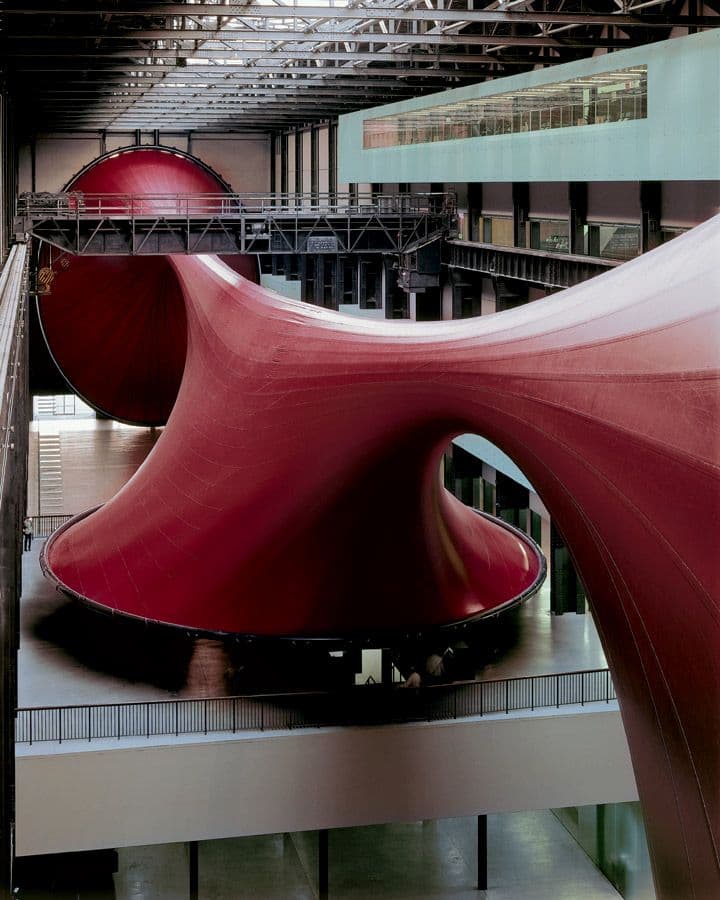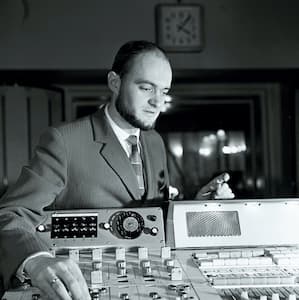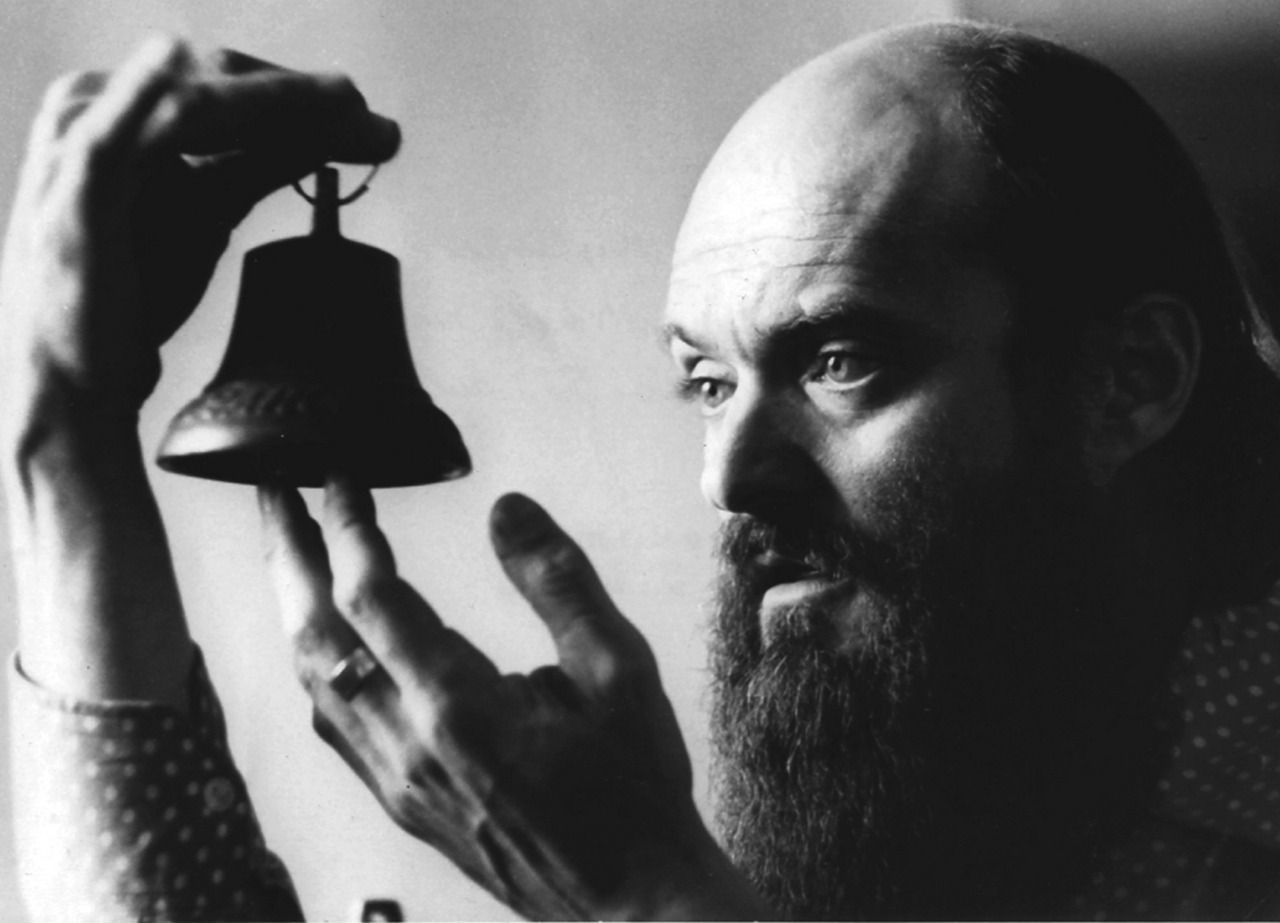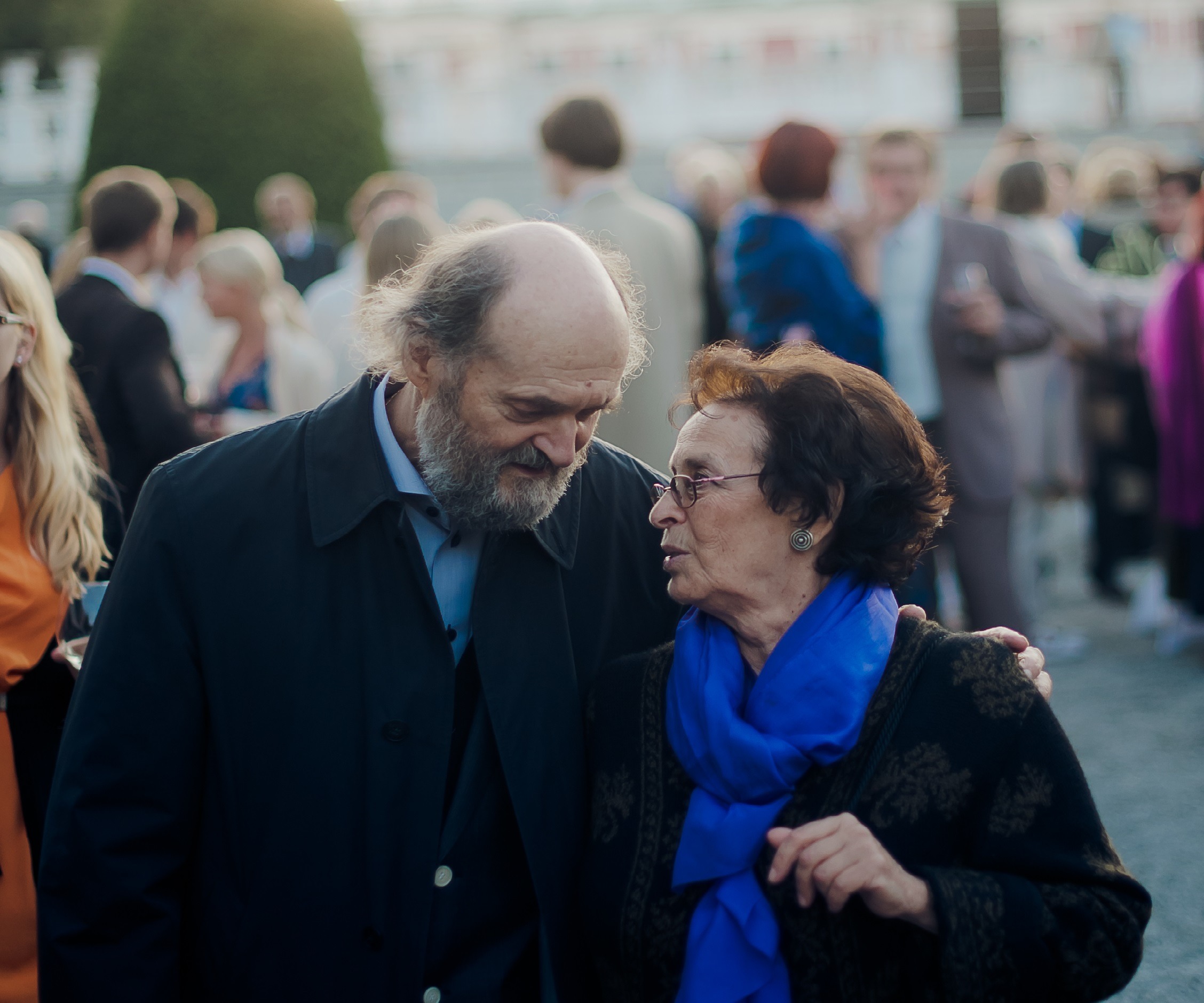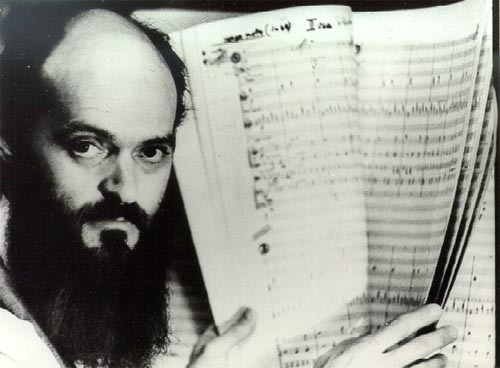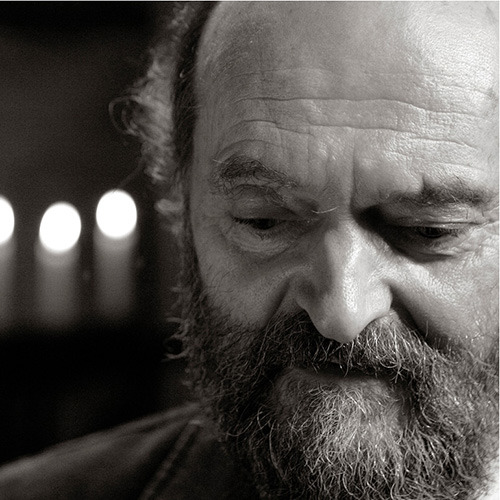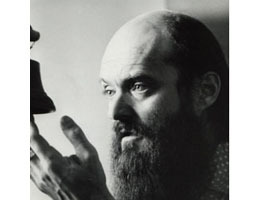Estonian-born composer Arvo Pärt (1935- ) has managed to strike a sound of devotional archaism into a world of chaotic modernity. Highly experimental during his early musical career, Part’s study of early music inspired a new, and completely unique musical
Part
Arvo Pärt: Lamentate The Tate Modern in London has one exhibition hall, the Turbine Hall, that is so large it becomes its own problem for artists. The space is 155m x 23m x 115m (500’ x 75’ x 115’) with
Arvo Pärt was born on 11 September 1935 in Paide, in Järva County, Estonia, as the only child of Linda Anette and August Pärt. Raised by his mother and stepfather, the family moved to Rakvere, where he studied at Rakvere
Spiegel im Spiegel has to be the best-known of all the music by Estonian composer Arvo Pärt. Composed in 1978, just before Pärt left Estonia for Berlin, it was originally written for single piano and violin, though many other versions
I know it’s hard to believe, but there are still celebrities who wish to keep their public and private spheres completely separate. For Arvo Pärt, one of the most respected and revered composers of contemporary classical music, it is a
Living through the political and artistic complexities of the 20th century, Arvo Pärt always sought to communicate the spiritual power that he sees as music’s essential purpose. Initially, this quest proved rather difficult as his native Estonia was squarely placed
It is said that Estonian composer Arvo Pärt is the Bach of our century. An unassuming man with furrowed brow, a big bushy salt and pepper beard, and serious contemplative demeanor, this contemporary composer, does not tend to make people

